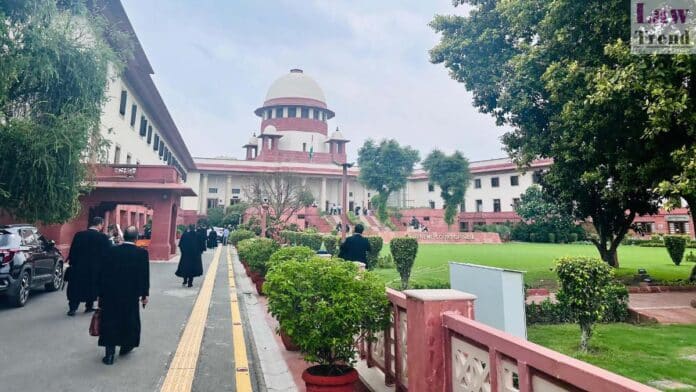In a landmark judgment with profound implications for governance and public resource management, the Supreme Court of India has struck down preferential land allotments made to select elites in Telangana. The bench, comprising Justice C.T. Ravikumar and Justice Sanjay Karol, found the allotments to be arbitrary, discriminatory, and violative of the constitutional principle of equality




